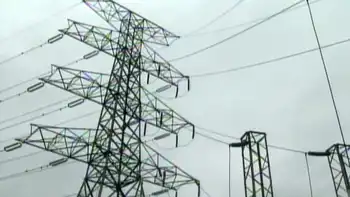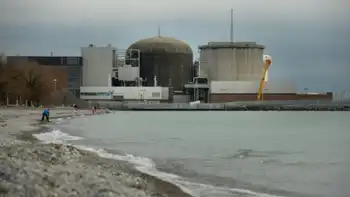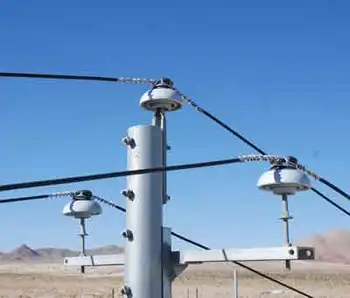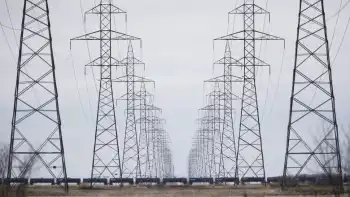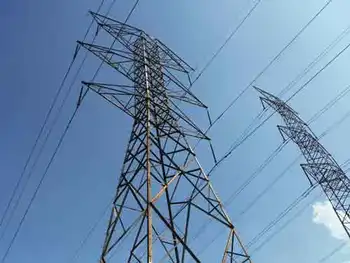Rush to renewables could increase power costs
By Toronto Star
Substation Relay Protection Training
Our customized live online or in‑person group training can be delivered to your staff at your location.

- Live Online
- 12 hours Instructor-led
- Group Training Available
Jan Carr was chief executive of the Ontario Power Authority from its inception in 2005 until September 2008.
In an article in this months Journal of Policy Engagement, Carr questions whether the provinces push for green technology such as wind turbines will really produce cleaner energy at a cost that makes sense. Instead, he says, Ontario should be assigning a price to carbon emissions.
Carr says the current system of rewarding green technologies with high prices is inconsistent, pointing to the different treatment of windpowered and nuclear generation.
Both, Carr argues, are emissionsfree. Nuclear opponents argue there are hidden emissions in mining and refining uranium and that it produces radioactive waste.
But current policy pays wind producers a higher price than nuclear generators.
The system further interferes with the normal system of deciding which generators get to supply power to the grid, Carr says.
Normally, generating stations submit bids, indicating the price at which theyre willing to supply power. The agency that operates the electricity system accepts the lowest bids first. As demand increases, it accepts higher and higherpriced bids.
But the current system may put a priority on feeding highpriced wind power into the system, even when lowerpriced nuclear generation is available.
The result is a higher cost of electricity with no commensurate benefit such as a reduction in emissions, Carr says.
Theres a second impact, he notes. Because wind power varies as the wind gusts and slackens, it has to be supplemented by other types of generation to keep a steady stream of power flowing. Nuclear power cant fill this role – it cant be adjusted up and down quickly. The available hydroelectric generation in the province is already factored into the existing system.
The only remaining realistic option for keeping new electricity supply in momentbymoment balance with customer requirements is naturalgasfired generation, Carr writes.
In other words, more wind power means more gasfired generators.
If the objective of boosting renewable energy supplies is to decrease emissions, Carr says, Ontario must figure out the correct proportions of wind, gas and nuclear generation. Thats a complicated issue in itself factoring in cost considerations makes it more complicated.
These questions cannot be answered when technology and investment decisions result from lobbying efforts by advocacy groups or are guided by public popularity, he writes.
In fact, he says electric utilities, regulators and investors face a bewildering and often contradictory mixture of economic, business and regulatory objectives.
Carr says economics has governed the development of the current power system and should continue to do so.
But that doesnt mean concern for climate change should be abandoned. Instead, he says, Ontario should work at assigning a price for carbon emissions.
Pricing carbon would take the arbitrary guesswork out of picking technologies, he said.
It would put the electricity industry – which produces only 20 per cent of Ontarios carbon emissions – on the same economic footing as the transportation industry, the biggest user of fossil fuels in the province.
A switch from fossil fuel to electricity will reduce our carbon footprint and we should be doing all we can to expand its supply and use, says Carr.
The best way to do that, he argues, is to put a price on carbon and refrain from policy initiatives that pick winning and losing technologies.





